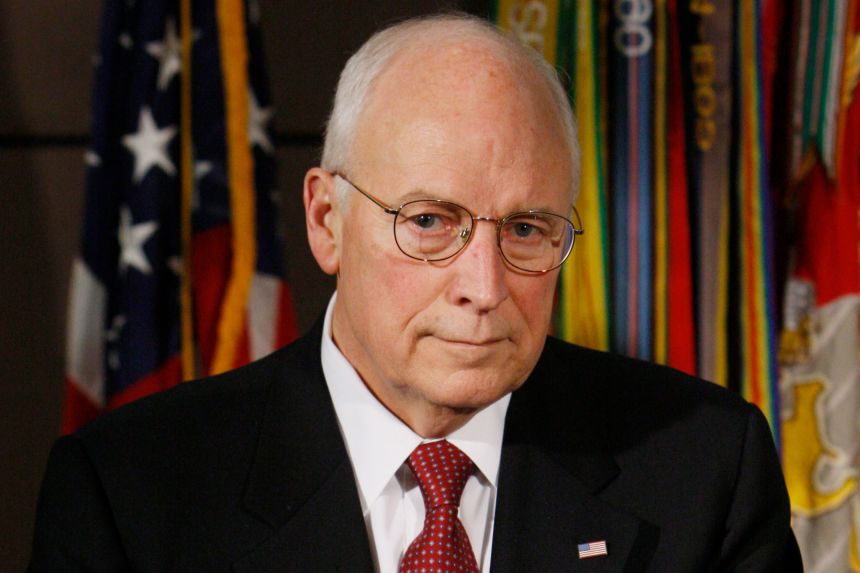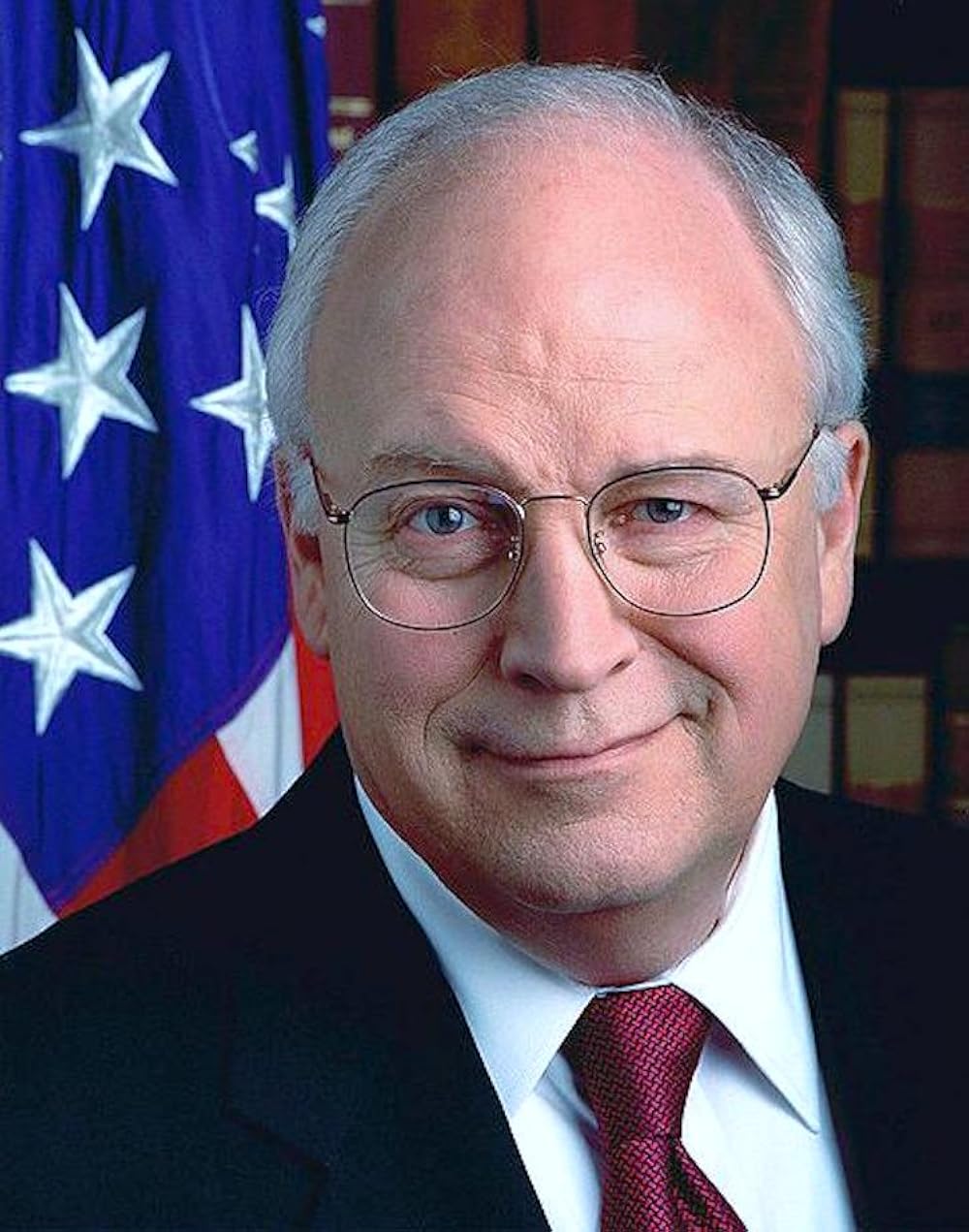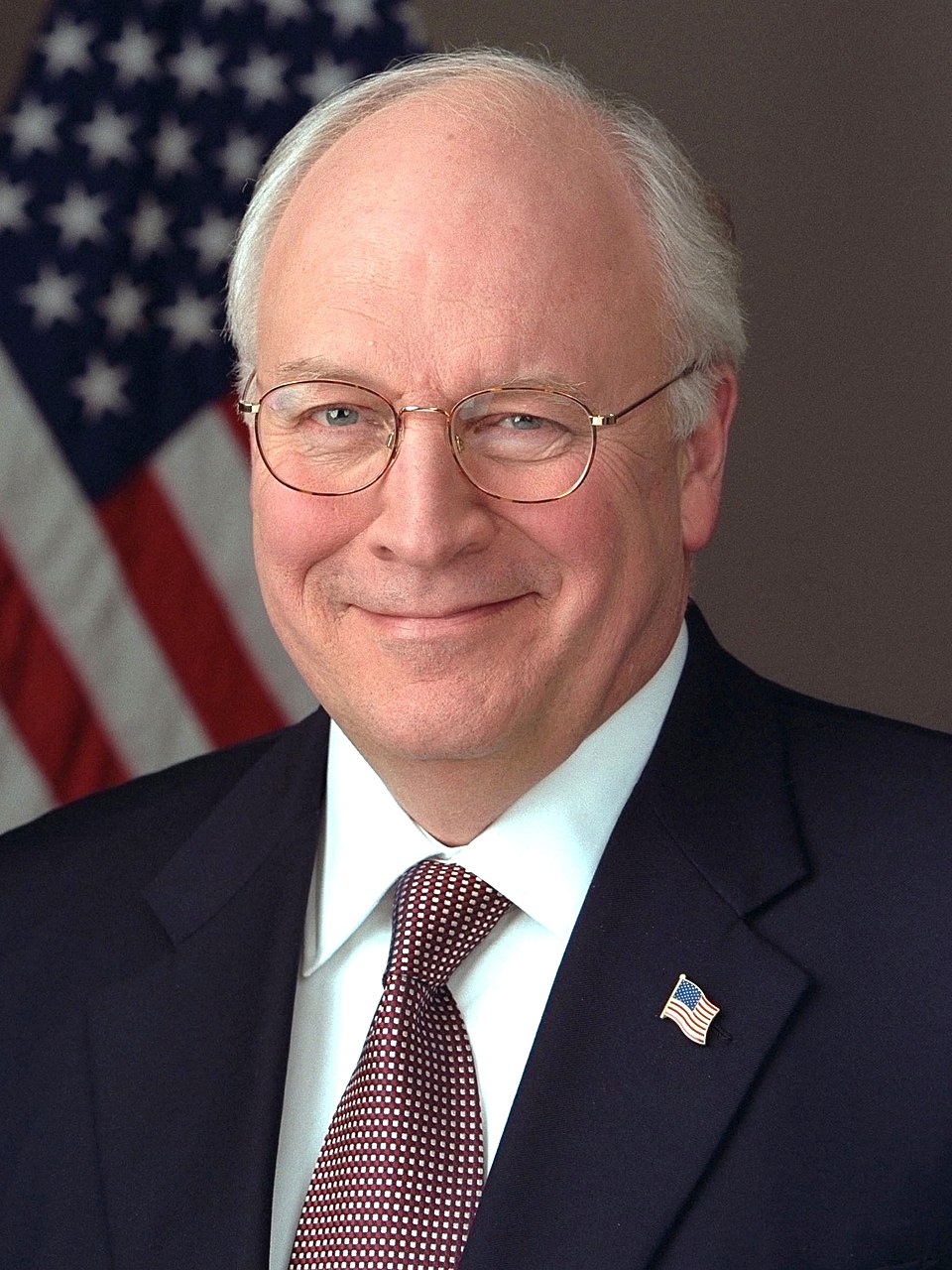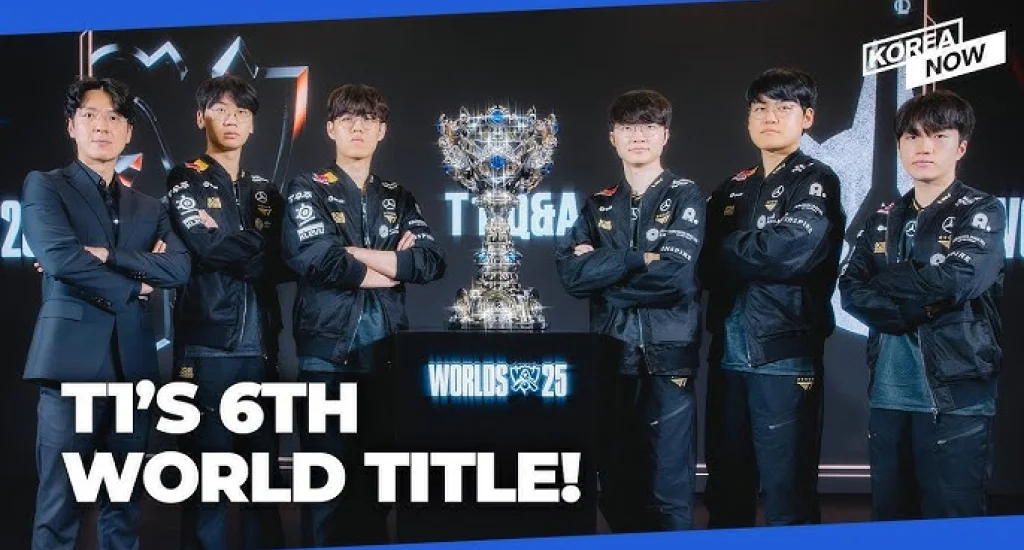
Dick Cheney Dies at 84
Richard Bruce Cheney, the 46th vice president of the United States and architect of America's response to September 11th, died Monday evening at his home surrounded by family. He was 84.
The man who redefined the vice presidency through eight years of unprecedented influence under President George W. Bush succumbed to complications from pneumonia and the cardiac disease that had shadowed him for nearly five decades.
His family confirmed the death in a statement released Tuesday morning, noting that "his beloved wife of 61 years, Lynne, his daughters, Liz and Mary, and other family members were with him as he passed." The statement described him as "a great and good man who taught his children and grandchildren to love our country, and to live lives of courage, honor, love, kindness, and fly fishing."
Yet Cheney's legacy remains far more contested than his family's tender tribute suggests. For millions, he represents the foreign policy hubris that led America into its longest wars. For others, he was a steady hand who kept the nation safe after its darkest day. And in a final, surprising chapter, this hardline conservative became an unlikely voice against his own party's authoritarian turn under Donald Trump.
The Most Powerful Vice President in American History
Dick Cheney was widely regarded as America's most powerful modern vice president, serving alongside Republican President George W. Bush for two terms between 2001 and 2009. But "powerful" barely captures the scope of his influence. Cheney didn't simply advise—he shaped policy, controlled access to the president, and built what his predecessor George H.W. Bush later described as "his own empire" within the White House.
Born in Lincoln, Nebraska, on January 30, 1941, Cheney was the son of a longtime Agriculture Department worker. His path to power was neither obvious nor linear. He flunked out of Yale, accumulated two DUI arrests by age 22, and seemed headed nowhere until he met his high school sweetheart Lynne Vincent again in Wyoming. They married in 1964, and she became, by his own account, the force that straightened his trajectory.
From there, Cheney's rise through Republican politics was methodical and impressive. He worked his way through the Nixon and Ford administrations, becoming White House Chief of Staff at just 34—the youngest person ever to hold that position. He served Wyoming in Congress for a decade, then became Secretary of Defense under George H.W. Bush, overseeing the successful 1991 Persian Gulf War that ejected Iraqi forces from Kuwait.
Between government stints, he led Halliburton, the massive energy services corporation—a position that would later fuel endless controversy when Halliburton secured lucrative contracts in the wars Cheney helped launch.

September 11th and the War That Changed Everything
Cheney's defining moment came on September 11, 2001. "When the president came on the line, I told him that the Pentagon had been hit and urged him to stay away from Washington," Cheney recalled in his memoir, "In My Time." "The city was under attack, and the White House was a target."
In the chaos of that morning, with Bush flying between secure locations and much of the government paralyzed by fear, Cheney took command. He ordered planes shot down if they approached Washington. He coordinated the continuity of government. And in the weeks and months that followed, he became the primary architect of what would be called the "War on Terror"—a framework that would reshape American foreign policy, civil liberties, and defense spending for decades.
The invasion of Afghanistan came first, driven by the Taliban's harboring of al-Qaeda. That operation, initially successful in toppling the regime, would become America's longest war, ultimately ending in chaotic withdrawal under President Biden in 2021.
But it was Iraq that would define—and in many eyes, destroy—Cheney's legacy. Cheney was the chief architect of the "war on terror," who helped lead the country into the ill-fated Iraq war on faulty assumptions. The stated justifications—weapons of mass destruction, links between Saddam Hussein and al-Qaeda—proved false. The promised quick victory became an eight-year quagmire that killed hundreds of thousands of Iraqis, cost over 4,500 American lives, destabilized the entire Middle East, and ultimately birthed ISIS.
Critics accused Cheney of manipulating intelligence to justify a war he'd wanted since the 1990s. Defenders argued he made the best decisions possible with the information available in a terrifying post-9/11 environment. What's indisputable is that Cheney never wavered in his conviction that the Iraq invasion was justified, even as public opinion turned decisively against it and evidence of his administration's errors mounted.
Enhanced Interrogation and Executive Power
Beyond Iraq, Cheney championed policies that tested America's commitment to its stated values. He was the principal defender of "enhanced interrogation techniques"—what critics called torture—arguing that waterboarding and other harsh methods extracted vital intelligence that prevented further attacks. The Senate's eventual investigation would conclude these techniques were both ineffective and far more brutal than publicly acknowledged.
He also pushed an expansive theory of executive power, arguing the president possessed nearly unlimited authority as commander-in-chief. This philosophy led to warrantless surveillance programs, indefinite detention at Guantanamo Bay, and secret CIA prisons across Europe. Civil liberties advocates and constitutional scholars condemned these programs as dangerous overreach. Cheney saw them as necessary adaptations to asymmetric warfare.
By the end of Bush's presidency, Cheney's approval ratings had plummeted, dropping to 18% following a 2006 hunting accident in which he accidentally shot a friend. The incident became fodder for late-night comedians, but it also symbolized how a once-formidable political figure had become almost universally unpopular.
A Heart That Wouldn't Quit
Cheney's health issues began in 1978, when he had his first heart attack at age 37 while running for Congress. Three more heart attacks followed over the next two decades. During the 2000 Florida recount, just days after another cardiac episode, questions swirled about whether he should remain on the ticket. Cheney assured the public he'd resign if incapacitated and reportedly kept a resignation letter ready.
He never needed it. Cheney completed both terms under Bush, attending Barack Obama's inauguration in January 2009 in a wheelchair. A fifth heart attack struck in 2010, leading to a heart pump that kept him alive until 2012, when, at 71, he received a heart transplant.
The transplant granted him more than a decade of additional life—years he spent defending his record in memoirs, supporting his daughter Liz's political career, and eventually breaking spectacularly with the Republican Party he'd served for half a century.
The Final Act: Standing Against Trump
Perhaps the most surprising chapter in Cheney's story unfolded in his final years. Despite his status as a hawkish conservative, Cheney became a vocal critic of President Trump and backed former Vice President Kamala Harris's (D) presidential bid in 2024.
"As citizens, we each have a duty to put country above partisanship to defend our Constitution," Cheney declared when endorsing Harris. "That is why I will be casting my vote for Vice President Kamala Harris."
It was an extraordinary evolution for a man who'd spent decades as conservatism's most uncompromising champion. But for Cheney, Trump represented something worse than liberal policies—he represented a direct threat to constitutional democracy itself.
His daughter, former Rep. Liz Cheney, sacrificed a promising career in the GOP to oppose Trump after his attempt to overturn the 2020 presidential election and the January 6, 2021 insurrection at the U.S. Capitol. When she faced a Trump-backed primary challenger in 2022, Dick Cheney appeared in a campaign ad that would have been unthinkable just years earlier.

"In our nation's 246-year history, there has never been an individual who is a greater threat to our republic than Donald Trump," Cheney said, looking directly into the camera from under a wide-brimmed cowboy hat. "He is a coward. A real man wouldn't lie to his supporters. He lost his election, and he lost big. I know it. He knows it, and deep down, I think most Republicans know."
For a man who'd built his career on party loyalty and conservative principle, these words represented a remarkable break. Trump predictably attacked both Cheneys, and Liz lost her primary. But father and daughter had drawn a line: some principles mattered more than political expediency.
A Legacy That Defies Easy Summary
How should history remember Dick Cheney? The question generates passionate, contradictory answers. To supporters, he was a patriot who made agonizing decisions to protect American lives after September 11th. To critics, he was an architect of illegal wars, torture, and constitutional violations who should have faced prosecution rather than retirement.
International perspectives are even harsher. Across the Middle East and much of the developing world, Cheney symbolizes American imperial overreach—the face of a superpower that claimed to spread democracy while destabilizing entire regions and killing hundreds of thousands of civilians.
Yet his late-career transformation complicates the narrative. The man who expanded executive power beyond constitutional limits ultimately stood against a president he believed threatened democracy itself. The hawkish neoconservative who championed regime change endorsed a liberal Democrat for president.
These contradictions don't cancel out—they coexist, leaving us with a figure more complex than either hagiography or demonization can capture. Cheney believed deeply in American exceptionalism and national security. Those beliefs led him to advocate policies that betrayed American values while claiming to defend them. When he saw similar justifications used to overturn elections and incite insurrection, he finally said no.
The Personal Side
Beyond politics and war, Cheney was a husband, father, and grandfather. He married Lynne Vincent in 1964, and their 61-year marriage endured through the pressures of Washington power and constant public scrutiny. They raised two daughters—Liz, who became a congresswoman and Trump critic, and Mary, who is gay and whose sexual orientation put the family at odds with conservative positions on LGBTQ rights.
To Cheney's credit, he consistently supported his daughter Mary, even when it created friction with the religious right that formed part of his political base. It was a rare moment of personal loyalty trumping political calculation in a career often defined by the opposite.
Friends and former colleagues describe a man of fierce intelligence, dry wit, and unshakeable conviction. He loved fly fishing, Wyoming, and the intricate mechanics of governance. He read voraciously, studied history, and believed Washington should be a place where serious people made hard decisions about serious matters.
Whether those decisions were wise remains history's judgment to render. But no one doubted Cheney's seriousness of purpose, even when they questioned his wisdom or ethics.
Dick Cheney died on a Monday evening in November 2025, his long-troubled heart finally giving out at 84. The nation he shaped—for better and worse—continues grappling with the consequences of his choices. Two decades after the Iraq invasion, America still deploys thousands of troops across the Middle East. The surveillance state he helped build continues expanding. The constitutional questions he raised about executive power remain unresolved.
Yet in those final years, Cheney himself seemed to recognize that power alone doesn't constitute principle. When his party embraced a man he considered a coward and con artist, this lifelong Republican walked away. He endorsed a Democrat. He called Trump the greatest threat in American history.
Perhaps that's the most fitting coda to an impossibly complicated legacy. Dick Cheney spent most of his career accumulating and wielding power with ruthless efficiency. In the end, he used what remained of his influence to warn against someone he believed wielded it without principle at all.
History will argue for decades about whether Cheney's Iraq War was necessary tragedy or preventable disaster, whether his interrogation policies saved lives or betrayed American values, whether his expansion of executive power protected the nation or endangered its Constitution. These debates matter, and they're far from settled.
But on one autumn evening, those grand historical questions became small and human. A wife of 61 years held her husband's hand. Daughters sat beside their father. And one of the most powerful men in modern American history took his last breath, leaving behind a legacy too vast and contested for any eulogy to capture.
He served his country, though millions dispute whether that service helped or harmed. He loved his family, who clearly loved him back. He believed he was right, even when much of the world believed he was catastrophically wrong. And in the end, he chose democracy over demagogue, constitution over party.
That won't absolve the Iraq War's catastrophic toll. But it might suggest that even the most polarizing figures contain capacities for growth, for principle, for choosing difficult right over easy wrong. Dick Cheney's story—from Yale dropout to most powerful vice president to unlikely Trump critic—defies the simple narratives we prefer. Perhaps that complexity, uncomfortable as it is, represents the most honest tribute we can offer.
Related Articles




